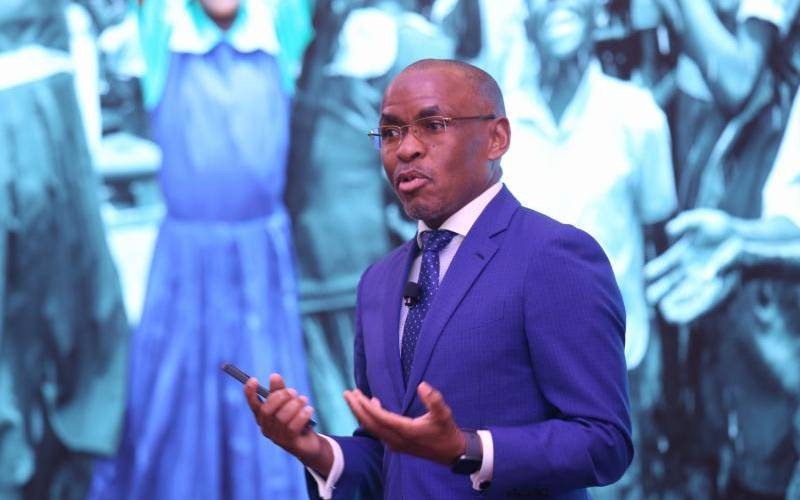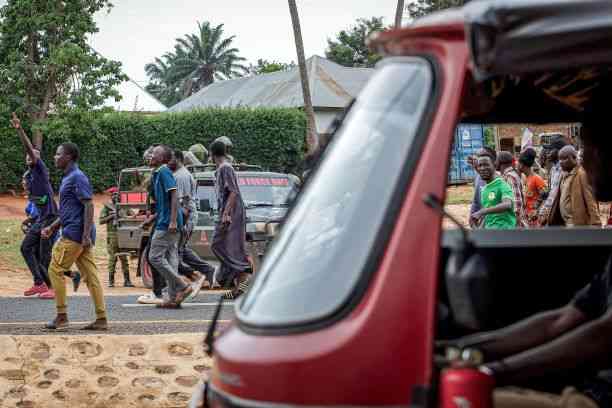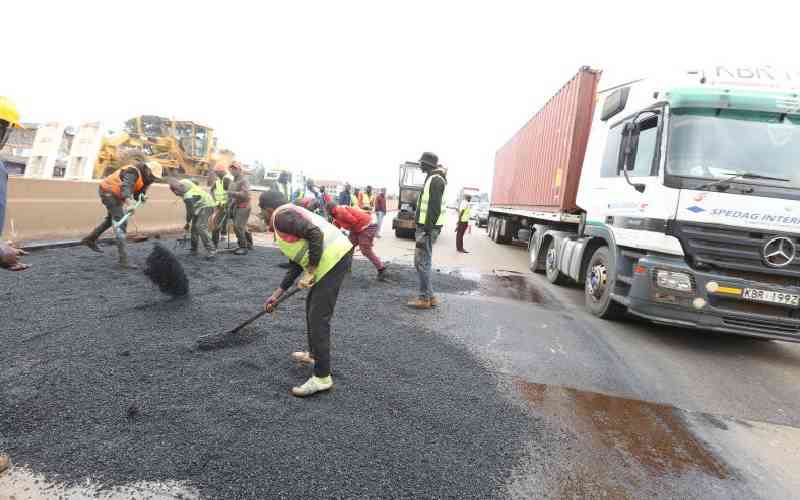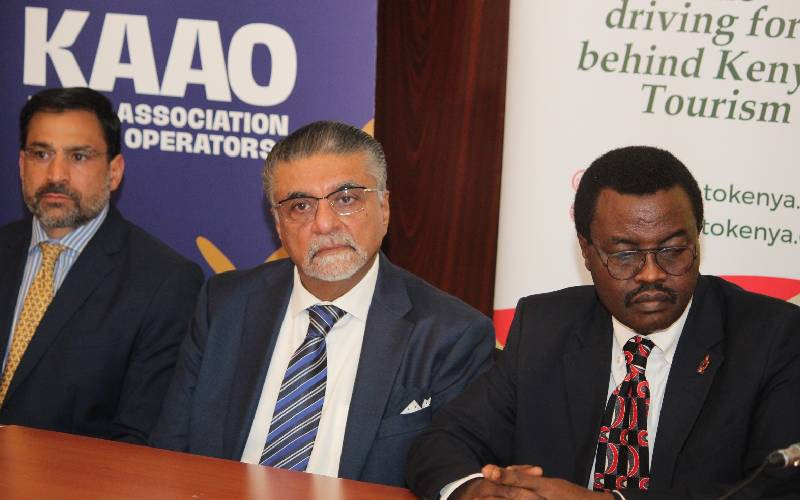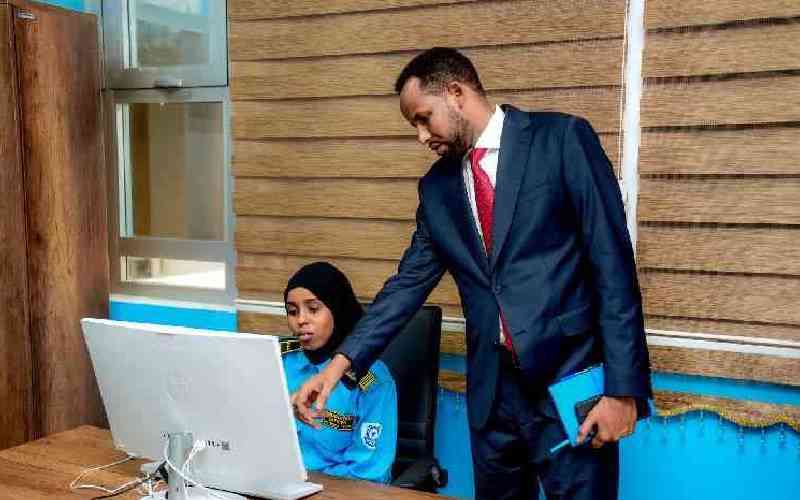
The Somali Federal Government on September 1, 2025 through the civil aviation authority introduced its new electronic visa system in what it said was aimed at modernizing immigration, enhance financial transparency and improve security oversight.
While rolling out the system, Somalia’s internal security minister Abdullahi Sheikh Ismail Fartaag it will make it easier for foreigners to apply for a visa from anywhere in the world.
A week later, Somaliland’s government moved swiftly to reject the new system reaffirming the Visa on Arrival policy at Hargeisa’s Egal International Airport.
The breakaway republic said it was committed to open travel, regional connectivity, and passenger convenience. The Civil Aviation Minister Fuad Ahmed Nuh said only documents issued by the Somaliland Immigration Authority would be considered valid for entry.
The e-visas controversy comes hot on the heels of another dispute over airspace management last week when Somaliland accused Mogadishu of using control of the country’s airspace as “political pressure” against Hargeisa.
Fast-forward to Tuesday this week and residents of the break-away republic of Somaliland are up in arms against the e-visa system which they say is discriminative against the travelers from the state.
Hargeisa which already has a fragile relationship with Mogadishu is seeing politics in the introduction of the e-visa system and further damaging to the little relationship existing between the two nations.
Somaliland claims that the system has left many travelers from the break-away republic stranded is an obstacle and designed to harm travelers from the country which has yet to be recognized by any country in the world.
But residents of Somaliland are not just up in arms for no apparent reason. The system has indeed caused them confusion and disruption.
On October 21, dozens of Somaliland passengers were stranded in Dubai and other foreign airports when airlines began enforcing Somalia’s visa requirement. Some were denied boarding for lacking federal permits, while others paid additional fees in Hargeisa after Somaliland authorities rejected Mogadishu-issued visas.
The e-visa dispute has drawn international attention when Germany became the first country to be roped in when the European nation advised its citizens to follow Somaliland’s entry procedures rather than Somalia’s federal system.
While Hargeisa saw the Germany move as an acknowledgement of Somaliland’s long desired administrative authority, Mogadishu felt this was a diplomatic slight.
However, it should be noted that it is not just Somaliland that is resisting the new e-visa rule. Puntland, another of the six states in Somalia sees the new move as another attempt by Mogadishu to tighten its grip on the regions.
As Somaliland stood firm on its own entry rules, Puntland also dismissed the e-visa scheme, declaring it “illegal” with the state’s Information Minister insisting that without a negotiated agreement, Mogadishu has no right to decide who passes through the airports of Garowe and beyond.
Will the e-visa policy be the fresh point of conflict between Hargeisa and Mogadishu? Time will tell.
Stay informed. Subscribe to our newsletter
Meanwhile, is terror group Al Shabaab on the rebound in Somalia? Two things happened this week which should keep the region on its tenterhook.
First the Somali National Army, backed by the country's international security partners, carried out a precision airstrike in Middle Jubba's Bu'aale town, killing a senior Al-Shabaab leader, the Somali Defense Ministry said on Monday.
The slain terrorist leader was identified as Mohamud Abdi Hamud, also known as Jacfar Gurey, a founding member of the al-Qaeda-affiliated terrorist group who served as the group's intelligence chief.
According to the Somali government, Gurey played a major part in the terror group's violent activities and financing.
Second, suspected Al-Shabaab militants attacked a government security checkpoint in the Kahda district of Mogadishu on Monday night.
The attack took place at the Ali Janaale Hill checkpoint, one of the key security posts guarding the capital leading to intense fighting between the two sides that is reported to have lasted for about 30 minutes.
According to reports, the militants launched the assault using motorcycles before engaging in a face-to-face battle that resulted in deaths and injuries on both sides. The exact number of fatalities and casualties remains unknown.
The checkpoint targeted was manned by the Haramaad Special Police Forces, a specially trained unit working alongside the Polizia Militare to secure checkpoints across Mogadishu.
Since the beginning of this year, the terror group has been on the back foot with the Somali National Army, supported by the African Union Transition Mission in Somalia (AUSSOM) and other international partners, increasing operations against the al-Qaeda-affiliated terrorist group in Somalia's south and central provinces.
It led to the terror group retreating to the villages, far away from Mogadishu and other key towns. But going with the brazen attack at a police check point on Monday night, it seems Al Shabaab is on the rebound.
With Tanzanian elections out of the way, focus now moves to Somalia where the National Independent Electoral and Boundaries Commission (NIEBC) has begun a voter registration campaign in Adale district, a coastal town in the Middle Shabelle region of Hirshabelle State, marking a key step in the country’s ongoing electoral preparations.
In April, the Commission carried out a similar exercise in Mogadishu as it gears up for the first one-person one-vote in more than 50 years since the last election in 1969.it targeted to register 4 million voters.
NIEBC representatives urged residents of Adale and surrounding areas to register, calling voter enrollment the foundation of citizens’ right to choose their leaders in future polls.
